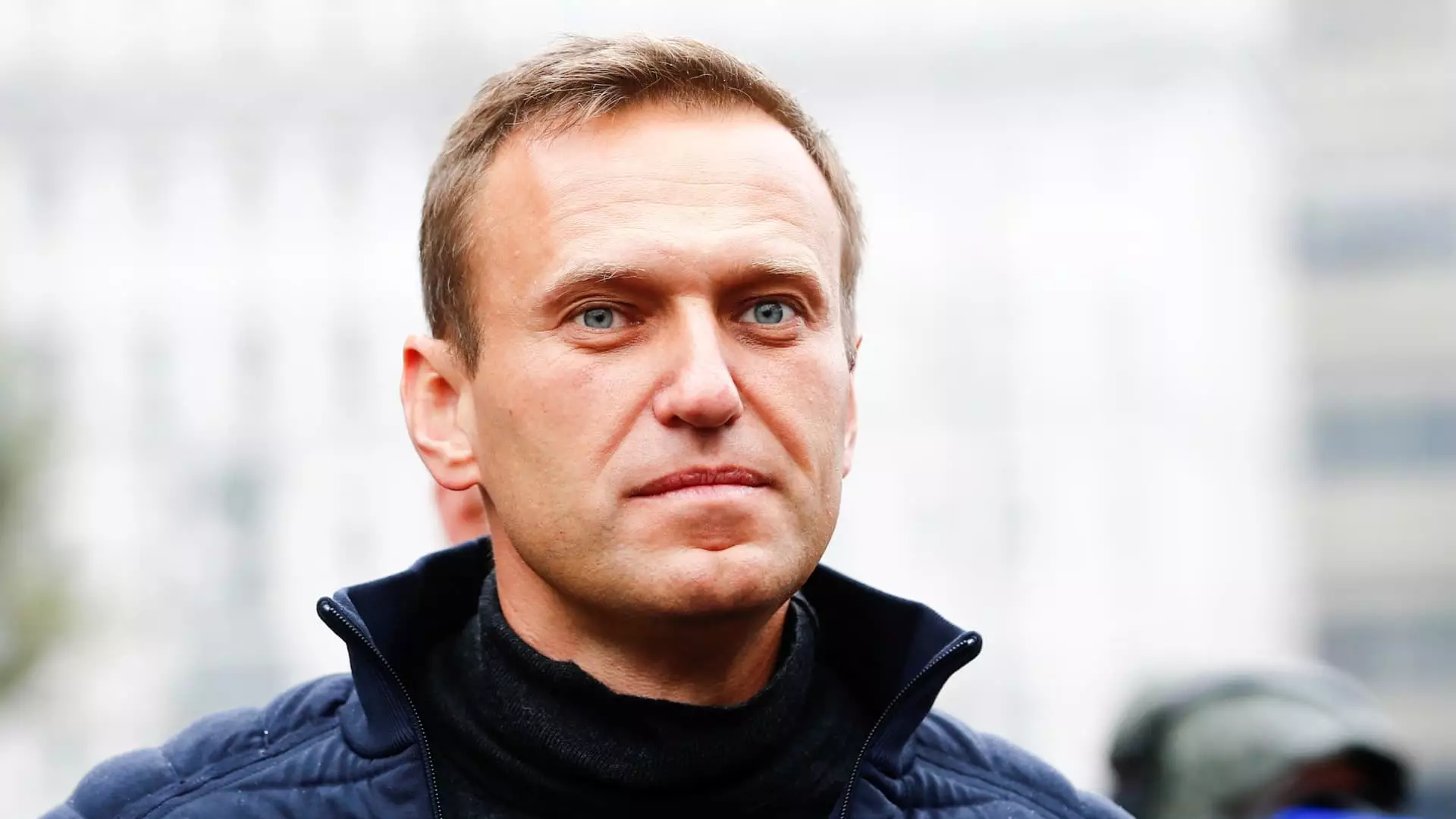The recent news of Russian opposition leader Alexei Navalny’s death in an Arctic penal colony has sparked widespread suspicion and accusations from world leaders. Navalny, a vocal critic of Russian President Vladimir Putin, had been serving a 19-year prison term at the time of his demise. Despite the Kremlin’s assurances that an investigation is ongoing, doubts remain about the transparency and integrity of the process. The lack of forensic medical examination results has led to criticism from political leaders, including U.S. President Joe Biden, who directly blamed Putin for Navalny’s death. The Kremlin’s dismissal of these allegations as “self-exposing” raises questions about the sincerity of their commitment to uncovering the truth behind Navalny’s demise.
In addition to concerns about the investigation itself, there have been reports of obstacles preventing Navalny’s family and lawyers from accessing his body. Navalny’s spokesperson, Kira Yarmysh, stated that his mother and legal representatives were blocked from entering the mortuary where his body was being kept. The refusal of staff to provide information about the location of Navalny’s body further adds to the air of suspicion surrounding his death. The Kremlin’s denial of involvement in these actions raises further questions about the lengths to which they are willing to go to control the narrative surrounding Navalny’s demise.
Navalny’s wife, Yulia Navalnaya, has openly accused Putin of being responsible for her husband’s death. In a video statement released on Navalny’s YouTube channel, Navalnaya expressed her belief that Putin had ordered Navalny’s murder. This bold accusation, coupled with Navalny’s history of challenging Putin’s regime and exposing corruption within his administration, have fueled speculation about the motives behind Navalny’s death. The fact that Putin has consistently avoided mentioning Navalny by name in public, along with the Kremlin’s previous actions to suppress Navalny’s political ambitions, add weight to the argument that Navalny’s death was politically motivated.
Alexei Navalny’s death marks the tragic end of a man who dedicated his life to fighting corruption and injustice in Russia. Despite facing multiple arrests and attempts on his life, Navalny remained steadfast in his commitment to exposing the truth. His impact on Russian politics and society cannot be understated, as evidenced by the outpouring of grief and anger following news of his death. Navalny’s legacy serves as a reminder of the dangers faced by those who dare to challenge authoritarian regimes and speak truth to power. His courage and unwavering dedication to justice will continue to inspire others to fight for a better, more transparent future.
The ongoing investigation into Alexei Navalny’s death raises serious concerns about the Kremlin’s commitment to uncovering the truth. The obstacles faced by Navalny’s family and legal representatives, combined with accusations of Putin’s involvement, paint a troubling picture of power and corruption in Russia. As the world waits for answers, it is imperative that we continue to question authority and demand accountability for those responsible for Navalny’s untimely demise. Only through transparency and justice can we honor Navalny’s memory and ensure that his fight for a free and democratic Russia lives on.


Leave a Reply